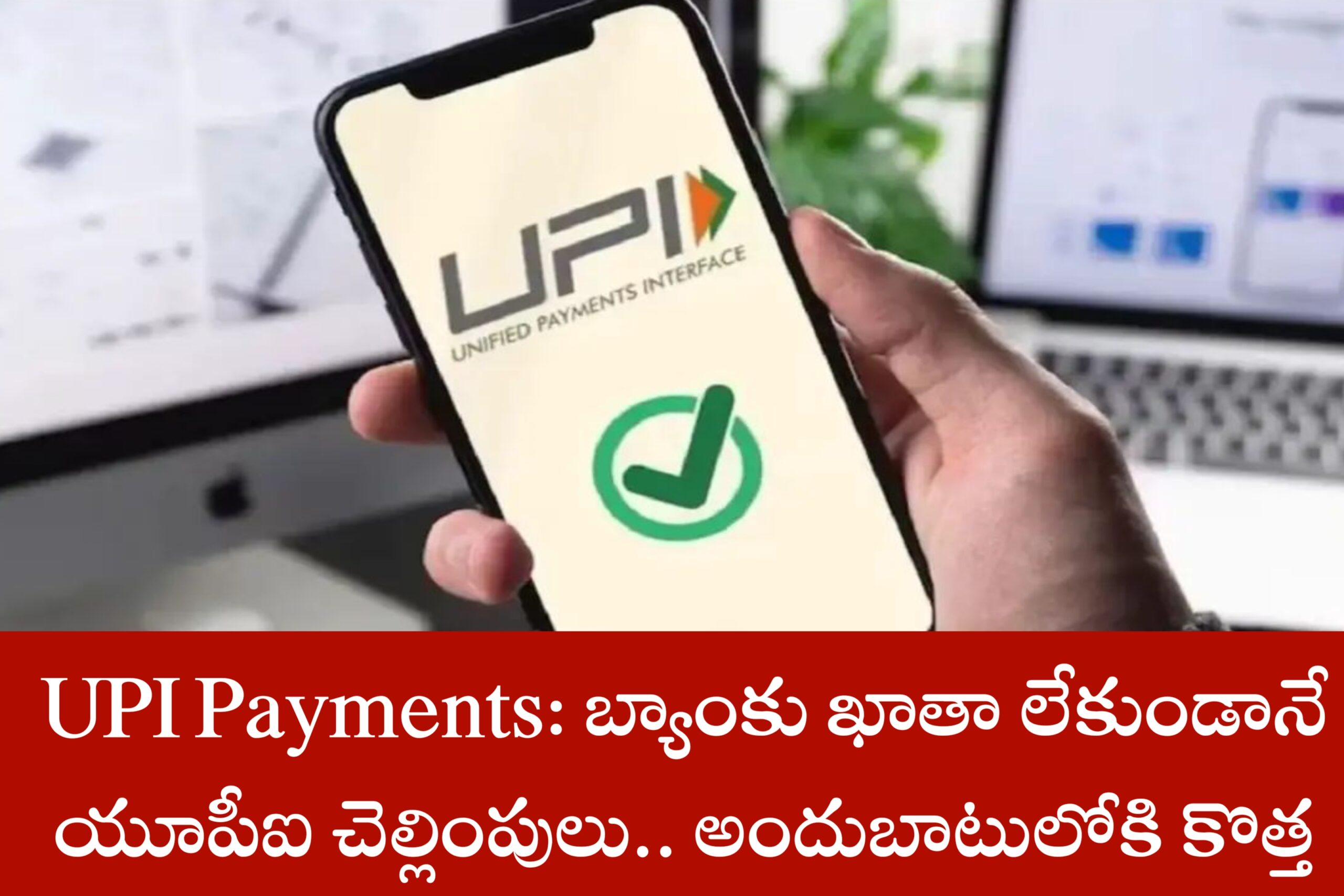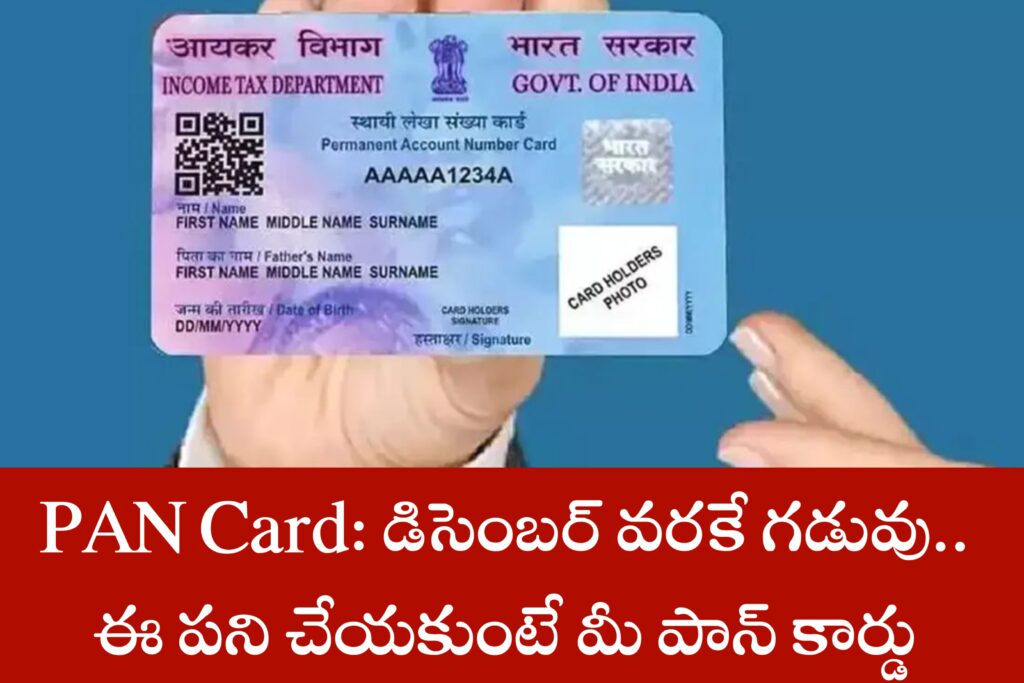Transferring money has come a long way from the days of physically visiting a bank to deposit funds into someone else’s account. Today, the process is faster, easier, and more convenient, thanks to digital payment systems like the Unified Payments Interface (UPI). Traditionally, to send money through UPI, you needed the recipient’s bank account number, and both parties had to have bank accounts. However, a new feature is on the horizon that will allow people to send money via UPI even without a bank account. Here’s a detailed guide on how this system works.
Step 1: Understanding the Role of Bank Account Numbers
To send money to someone, you typically need their bank account number. This number ensures that the funds are transferred to the correct recipient. In the past, if you wanted to send money, you would have to go to a bank and provide this number to deposit the money into their account. This process was time-consuming and required both the sender and the recipient to have active bank accounts.
Step 2: Embracing the Digital Age with UPI
With the advancement of smartphone technology, transferring money has become incredibly easy. UPI has revolutionized how we handle financial transactions. Whether you are shopping, dining out, or traveling, UPI allows you to transfer money instantly using just your smartphone. To use UPI, a bank account is required, and the service is linked to your mobile and Aadhaar numbers. But what if you don’t have a bank account? The National Payments Corporation of India (NPCI) has introduced a new feature that will allow UPI payments without a bank account.
Step 3: Exploring the New Feature Available in UPI
The NPCI is continuously improving its UPI service, and one of the latest developments includes new features like face unlock and a Delegated Payment System. These enhancements aim to make UPI more accessible, particularly for those who do not have bank accounts. Currently, a significant number of people do not use UPI due to the requirement of having a bank account. The new features are designed to cater to this group, enabling them to use UPI without needing a bank account.
Step 4: Understanding the Delegated Payment System
The Delegated Payment System is a proposed feature that will allow individuals to use UPI without having their own bank account. Here’s how it works:
- Primary Account Holder: In a family, one member who has an active UPI-linked bank account will act as the primary account holder.
- Linking Family Members: Other family members can link their mobile phones to the primary account holder’s UPI account.
- Savings Accounts Only: This feature is currently limited to savings accounts. Credit cards and other lines of credit will not be available under this system.
- Master Access: The primary account holder will have master access and can delegate payment permissions to other family members. This ensures that even those without bank accounts can use UPI for digital payments.
Step 5: How the New System Works
Once NPCI officially implements this policy, UPI users with savings accounts will have the option to allow other individuals to use their UPI account. Here’s how the process will unfold:
- Set Up: UPI users will need to set up their savings accounts to be used by others. This will involve opting into the Delegated Payment System.
- Verification: After opting in, a verification process will take place to ensure that the account holder authorizes the linking of additional users.
- Activation: Once the system is activated, the linked users will be able to make payments using the primary UPI account.
- Implementation: Although NPCI has not yet officially launched this system, it is expected to significantly increase the usage of UPI by making it more inclusive and accessible.
Also Check: Google pay Loan: How to Apply for a Loan through Google Pay: A Step-by-Step Guide
Conclusion: A New Chapter in Digital Payments
The introduction of the Delegated Payment System marks a new chapter in digital payments in India. By allowing people without bank accounts to use UPI, NPCI is opening up opportunities for more individuals to participate in the digital economy. Once implemented, this feature is expected to revolutionize how we think about and use UPI, making it a truly universal payment system.







